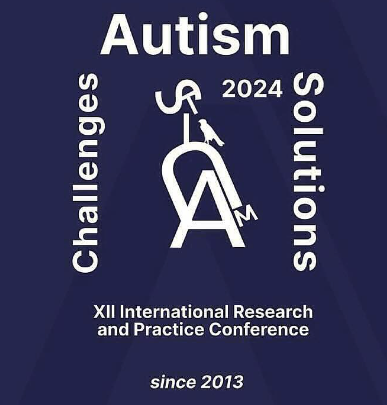Published 2024-06-06
Keywords
- Neurodiversity,
- Neurodevelopmental Disorders,
- Adverse Childhood Experiences,
- Trauma-informed Therapy,
- Farm animal assisted therapy
- Neurotherapy,
- Green Care,
- Farming for Health ...More
How to Cite
Abstract
Farm animal assisted therapy is a novel approach to treat autism spectrum disorder (ASD) and other neurodiverse conditions (NDC) and may help rewire brain circuits through entrainment with the gentle sounds and rhythms of a working farm. Multiple, complex etiologies for ASD/NDC include epigenetics, genetics, preconceptional/prenatal/perinatal issues and early life experiences, as well as alterations in the gut-brain microbiota. Traditional psychotherapy is challenging, even for higher functioning individuals with ASD/NDC, due to difficulties with insight, attachment-related transference problems, or metacognitive skills. Neurodiverse adolescents may become more socially disenfranchised, reclusive, oppositional, defiant, noncompliant, and isolated from peer groups. For many teens with ASD/NDC, communication issues, sensory disintegration, executive dysfunctions, and emotional dysregulation make it difficult for them to adapt to the expectations and pressures of school, home and the community, leading to vulnerability to psychosis during transition years.This presentation will explain farm animal assisted therapy as a type of neurotherapy on a sanctuary for orphaned, injured and rescued farm animals, Dream Catcher Meadows. Historical and clinical perspectives provide the context for farm animal assisted neurotherapy and green care farming within a comprehensive array of school, home, and community interventions. Farms provide rich opportunities for language development, executive functions, sensory desensitization, skill development, fine/gross motor development, and parent-child bonding and theoretically improve the gut microbiome through access to a more diverse range of microbes. Green care social activities can help develop a sense of community, meaning and purpose as well as adaptive functions for children and teens with ASD/NDC. A range of techniques model empathy, compassion, theory of mind concepts, social communication/perception, and self-regulation through mindfulness, interspecies bonding, and entrainment. The history of Dream Catcher Meadows and case discussions from clinical practice elaborate therapeutic perspectives, augmented by session scenarios and non-clinical photographs.

